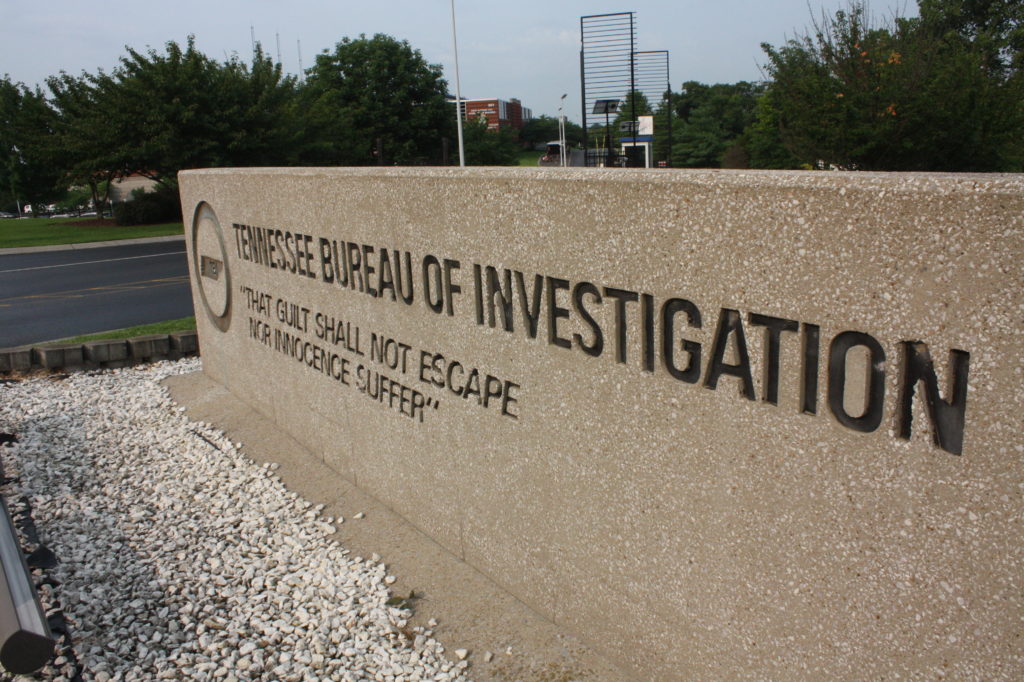
Tennessee police departments have dramatically reduced their numbers of untested rape kits since a new state requirement took effect this year. Now a set of new written standards, finalized this week, will also govern how police take care of sexual assault survivors.
A backlog of more than 9,000 untested rape kits counted in 2014 — mostly in Memphis — prompted the new state law. It requires forensic sex assault evidence to be sent for testing within 60 days.
Along with grant money, the law has helped get more than 75 percent of the old kits tested, down to about 2,100 as of September,
according to the Tennessee Bureau of Investigation (TBI). Some departments had reduced or eliminated backlogs since then,
according to The Tennessean.
“Hopefully, we will catch more offenders,” said Kathy Walsh, who directs the Tennessee Coalition to End Domestic And Sexual Violence.
She said that even when a case doesn’t lead to an immediate arrest, it helps police to add evidence into the national DNA database known as CODIS
.
“They are getting hits on that DNA that maybe this perpetrator has committed other rapes,” she said.
While it’s still difficult for victims to come forward, Walsh said the law helps there as well.
“If you have a victim who doesn’t want to report to police immediately, but would like to have that kit taken so they can report later, this policy is going to allow for that,” Walsh said.
In such instances, the victim will be given a coded number connected to the evidence that can be referenced when approaching police later.
“In the past we’ve seen situations where … that forensic kit may not have been taken, so you lose that evidence,” she said.
The TBI, meanwhile, told WPLN that the average turnaround time for forensic tests is 18 weeks in its Nashville lab, 12 weeks in Knoxville and 35 weeks in Memphis.
The new statewide rules for law enforcement were written by the Domestic Violence State Coordinating Council and approved by the POST Commission, which oversees statewide training for police.
Among requirements,
the seven-page model policy for sex crime cases calls for:
- more police training about the traumas that victims experience;
- the presence of a victim-advocate, if desired;
- use of a gender-specific investigator, if requested;
- connecting survivors to recovery services, and;
- a ban on requiring victims to take lie-detector tests during the investigation.
Walsh said some departments already meet requirements, but others will need to make changes to meet the model policy by July 1.


